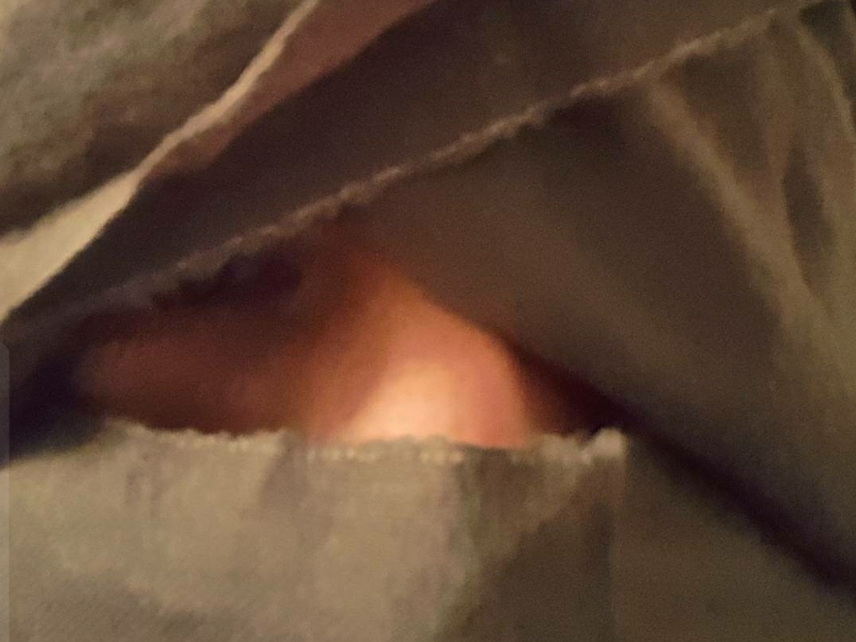You Don't Lose Your Right to Anonymity Just Because You Lost a Lawsuit
An appeals court defends anonymous speech.

Good news for people who like to write anonymously online: The Sixth Circuit Court of Appeals has now ruled that losing a lawsuit does not automatically mean you lose your right to anonymity.
The case, Signature Management Team vs. Doe, revolves around Amthrax, a blog that criticizes multi-level marketing schemes. The site's anonymous author posted a training manual that had been copyrighted by Signature Management Team. The trial court concluded that the blogger, referred to in the proceedings as John Doe, was liable for violating the company's intellectual property. But the court rejected the business's request to unmask Doe, ruling instead that it would only order Doe to destroy his copies of the copyrighted material.
Signature Management Team appealed the decision to the Sixth Circuit, which agreed that Doe should not be forced to reveal his identity. According to the Electronic Frontier Foundation (EFF), which filed an amicus brief in the case, this is "the first time a federal appellate court has recognized that the First Amendment can protect speakers' ability to remain anonymous even when they have been found liable in a civil lawsuit."
The court did set conditions for when a defendant's identity can be revealed. These standards include, in the EFF's words, "the public's interest in the litigation, the plaintiff's needs to know the defendant's identity to enforce the judgment against them, and the anonymous speakers' ability to show that they engage in substantial protected speech that unmasking will chill."
Anonymous speech has been a cornerstone of American society since the founding—just ask the then-anonymous authors of the Federalist Papers—but it has been an easy target for vilification in the internet era. This decision is a small but welcome step in the right direction.
Editor's Note: As of February 29, 2024, commenting privileges on reason.com posts are limited to Reason Plus subscribers. Past commenters are grandfathered in for a temporary period. Subscribe here to preserve your ability to comment. Your Reason Plus subscription also gives you an ad-free version of reason.com, along with full access to the digital edition and archives of Reason magazine. We request that comments be civil and on-topic. We do not moderate or assume any responsibility for comments, which are owned by the readers who post them. Comments do not represent the views of reason.com or Reason Foundation. We reserve the right to delete any comment and ban commenters for any reason at any time. Comments may only be edited within 5 minutes of posting. Report abuses.
Please to post comments


I will reveal my true identity when Fist does.
Dillly Dilly!
This so reeks of sheep fuckery.
The EFF's defense inclusion of "the public's interest in the litigation" as a potential exception doesn't hold water, and doesn't stop abusing the privacy of someone.
Negative, I am a meat popsicle.
"The Sixth Circuit Court of Appeals has now ruled that losing a lawsuit does not automatically mean you lose your right to anonymity."
I could be accused of pedantry here, but a "right to anonymity" suggest others have some claim to know who I am when I choose otherwise.
I'm saying "no". My choice to remain anonymous is not a claim of a right, it is simply a statement that if I choose to be anonymous, I get to do so. It is part of the freedom of existence.
Yeah, that's called a right.
And by you having a right to anonymity, the court is making explicit that others *do not* have some claim to know who you are.